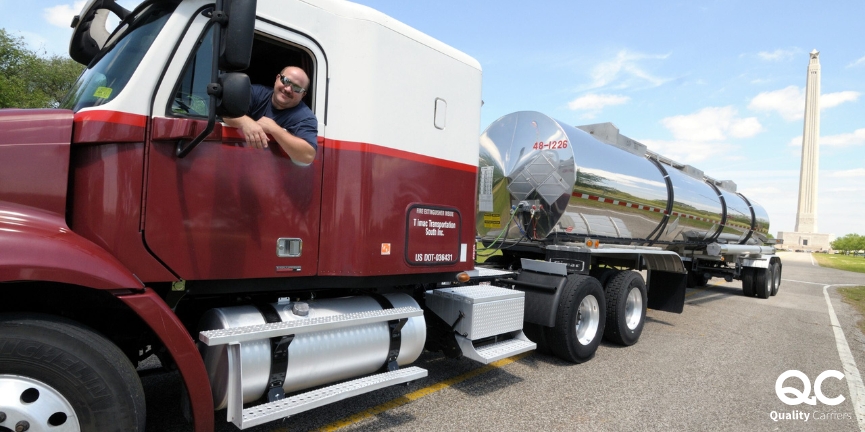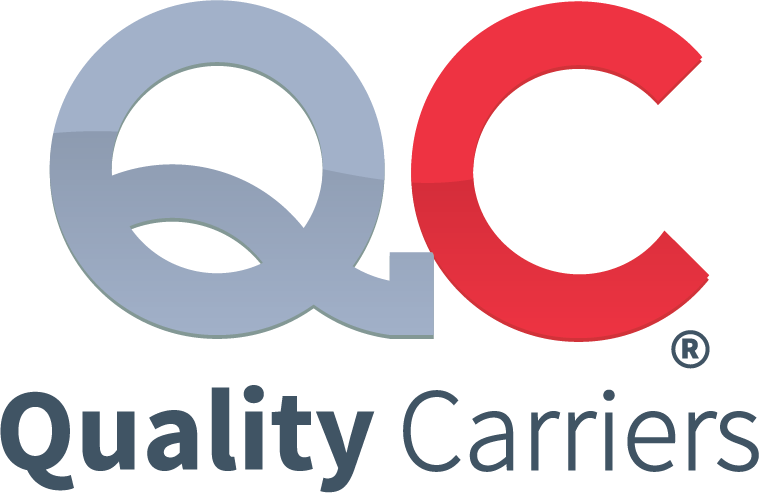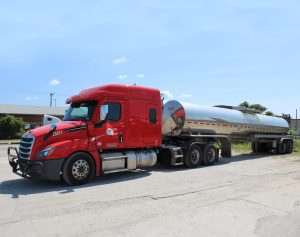Being a truck owner operator can lead to higher earnings than traditional truck drivers, but it comes with significant responsibilities and expenses. Truck driving offers several career paths, each with different earning potentials. If you’re considering becoming a truck owner-operator, you might wonder if it pays more than other driving roles.
Are you curious if truck owner-operators earn more? Here’s a look at whether they do, comparing their earnings to those of company drivers, affiliate drivers, local drivers, regional drivers, and dry bulk drivers to understand the differences in earnings.
Truck Owner Operator Earnings
Being a truck owner-operator can bring higher pay, but it’s not guaranteed. You’re in control of your schedule, the types of loads you haul, and the rates you charge, which means the potential for more money is certainly there. On average, an owner-operator can earn between $100,000 and $200,000 a year, depending on the routes, freight type, and how well they manage their business.
The biggest advantage of being an owner-operator is the ability to keep most of what you earn. You’re paid per load instead of a flat salary, meaning you can negotiate higher rates. This flexibility plays a big role in determining owner operator trucking salary and overall profitability. Plus, once you’ve paid off your truck, you’re not stuck with monthly lease payments, which boosts your profitability.
Company Driver Earnings

Company drivers earn a steady paycheck, but their earnings are generally lower than owner-operators. On average, company drivers earn between $45,000 and $70,000 annually, depending on the company and experience level. While there’s less potential for large paydays, company drivers don’t have to worry about owning or maintaining their trucks, which means they avoid those big expenses.
The trade-off? Company drivers often don’t get to pick their routes or loads. They’re usually stuck with what the company assigns and don’t have the opportunity to negotiate better pay. However, the job offers a predictable income, appealing to some drivers.
Affiliate Driver Earnings
Affiliate drivers are independent contractors who work under a company, so they don’t have to worry about owning a truck. Their pay is usually a percentage of the load, meaning they have more control than company drivers but less than owner-operators. Earnings typically range from $50,000 to $90,000 annually, depending on the number of loads and the company they affiliate with.
Affiliate drivers also have more flexibility with routes and schedules than company drivers, but they still have to adhere to company rules. Like owner-operator jobs, they can earn more by negotiating rates, but they don’t get to keep as much of the money because of the percentage split with the company.
Local Driver Earnings
Local drivers typically stay within a specific geographic area, making shorter trips and returning home every night. Their earnings generally range between $40,000 and $65,000 per year. Local driving offers stability and predictability, but the pay is usually lower than regional or owner-operator drivers.
Local drivers often have more consistent hours, which can be great for work-life balance. However, the downside is that their routes are shorter, and they miss out on higher-paying long-haul opportunities.
Regional Driver Earnings
Regional drivers operate within a broader area, often traveling several states but returning home every few days or weekly. Their earnings typically range from $50,000 to $80,000 annually. Regional drivers can earn more than local drivers due to longer hauls, but they also deal with more time on the road.
The pay can vary depending on how long the driver is away from home, the type of cargo being hauled, and the freight company they work with. Regional drivers have a better earning potential than local drivers, but they don’t make as much as long-haul owner-operators.
Dry Bulk Driver Earnings

Dry bulk drivers haul materials like sand, gravel, and cement. This type of hauling is highly specialized, so dry bulk drivers can earn higher wages than general freight drivers. The pay typically ranges from $55,000 to $95,000 annually, depending on the company, location, and experience level.
Dry bulk drivers are in demand because of the specialized equipment and expertise required to haul these materials. If you have the right equipment and the skill to operate it, this could be more profitable than standard freight hauling.
Costs for Truck Owner Operators vs. Other Drivers
For truck owner-operators, the upfront costs are significant. Purchasing or leasing a truck, getting insurance, and covering maintenance expenses can cost thousands of dollars. In addition to that, owner-operators need to pay for fuel, licenses, and permits, which can take a large chunk out of their earnings. As an owner-operator, you’re responsible for all these costs, so while you have the potential to make more money, you also face higher risks.
Other drivers, such as company, affiliate, local, and regional, don’t face these same financial burdens. Company and affiliate drivers generally don’t have to pay for their trucks or maintenance. Instead, they receive a salary or a percentage of the load fee, and the company handles all operational costs.
Dry bulk drivers face higher costs due to the specialized equipment needed, but the pay is typically higher to compensate for these expenses.
Profitability and Earnings Comparison
- Owner-Operators: Potentially the highest earnings, but with high costs and risks. Successful owner-operators can earn significantly more than company drivers.
- Company Drivers: Lower earning potential but stable and predictable income without worrying about truck-related expenses.
- Affiliate Drivers: Earnings are higher than company drivers but lower than owner-operators. The ability to negotiate pay adds some flexibility.
- Local Drivers: Earn steady pay but fewer opportunities for higher earnings than regional or long-haul drivers.
- Regional Drivers: They can earn more than local drivers but still not as much as owner-operators or dry bulk drivers.
- Dry Bulk Drivers: Specializing in hauling dry bulk materials can yield higher pay due to the specialized skill set required.
Final Thoughts
So, does a truck owner operator make more money? The answer is yes, but it depends on how well you manage your business, handle expenses, and find high-paying freight. Owner-operators can earn more, but they also take on more risks and responsibilities. If you’re willing to invest in your business and manage it effectively, it’s a good idea to contact a recruiter for advice on what to expect and how to get started. However, if you prefer a more predictable income and fewer expenses, a company, affiliate, or local driver role might be a better fit.
Frequently Asked Questions
Owner-operators can earn anywhere from $150,000 to $200,000 a year, but expenses such as truck payments and fuel can lower take-home pay.
Company drivers earn a steady salary, usually between $45,000 and $80,000, but they don’t have the same earning potential as owner-operators.
The biggest costs include truck payments, insurance, fuel, and maintenance.
It can be worth it to manage costs well and secure high-paying loads, but it requires a good understanding of business operations.
Yes, company drivers typically receive health insurance, retirement contributions, and other employee benefits, which are unavailable to owner-operators.




